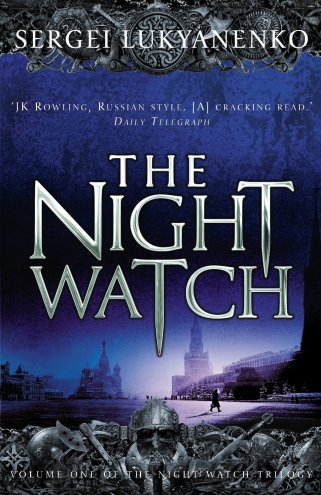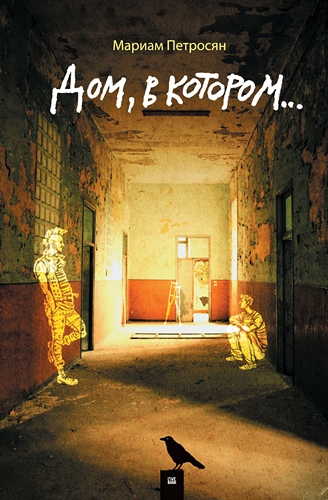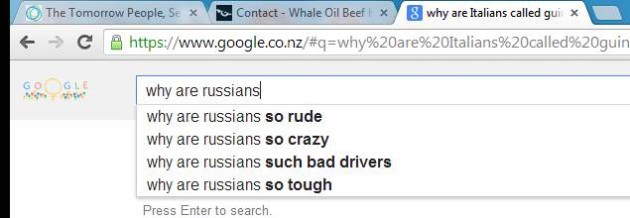While studying the Russian language, it’s impossible to avoid meeting with good old classics. Most of you probably have heard of, or even read, the great and sizeable «War and Peace» by Leo Tolstoy, and equally famous «Crime and Punishment» by Fyodor Dostoyevsky. You can also add Anton Chekhov and his witty short stories, as well as Mikhail Bulgakov’s devilish «Master and Margarita» to that list. These are the first names that come up whenever I ask a non-Russian person about Russian literature.
Don’t get me wrong, these authors are great. They are the true jewels on the crown of Russian culture, and their writing style and ideas have had a great influence not only on the contemporary writers, but on the Russian people as well. However, I have always found it a little puzzling that most of contemporary Russian books remain largely unnoticed on the world literature stage. Especially since a lot of people from my generation have grown up reading those books and they affected the way we see the world and how we interact with others. So, in order to gain a better understanding of what modern Russians are like, it’s highly recommended to get acquainted with the books they read. Not to mention that the books I’m going to talk about are all extremely well written and entertaining.
** Language Learning Note: Some of these books are available in adapted versions. Here is the main publisher of adapted Russian books for language learners. These are e-book version, but you can also buy them online at amazon.
1) «Adventures of Erast Fandorin» by Boris Akunin. The series has been the detective classics for at least few decades now and still haven’t lost their popularity. Imagine something in the lines of James Bond meets Sherlock Holmes in 19th century Russia. Awesome, right? Many of the books are translated into English. Boris Akunin is a tremendously talented author, known for his elegant and witty writing style.

2) «The Night Watch» series by Sergei Lukyanenko. The books have become very popular in Russia thanks to the movie adaptation of the same title which came out in the early 2000s. If urban fantasy is your thing, you’re going to love this. Meet Anton, an ordinary Russian guy, who one day finds out that there is much more to our world that meets the eye. By more I mean opposing supernatural organizations, the shifting balance between Light and Darkness, vampires, witches and sorcerers. Oh, and there is plenty of personal drama, good dialogue and fantastic plot twists.

3) «The House, in which…» (or «The Gray House») by Myriam Petrosyan. The book tells of a boarding school for disabled children and was published in Russian in 2009, becoming a bestseller. It was nominated for the Russian Booker Prize in 2010 and received several awards and nominations, among them the 2009 Russian Prize for the best book in Russian by an author living abroad. I read this book last autumn and still haven’t been able to stop thinking about it. It’s rather challenging to try to explain the plot, and I think that it’s much better to let you see for yourself. The experience is simply incredible. The English translation will be coming out in April 2017.

4) «The Roadside Picnic» by Strugatsky brothers. This short novel is a must read to all the lovers of science-fiction. In fact, many people are familiar with Andrey Tarkovsky’s movie Stalker, which is loosely based on this very novel. Despite being written more than 40 years ago, the story keeps firm position on the top of all-time favourite sci-fi list. If you enjoy the story, make sure to check out more of Strugatsky novels. I especially recommend «Monday begins on Saturday» and «Hard to be a God», all available in English.

5) «Generation P» (translated to English as «Homo Zapiens» and «Babylon) by Viсtor Pelevin. A rather bold and controversial read, if you ask me, but very interesting. The book deals with such themes as heavy drug use, philosophy of consumerism and even Mesopotamian mythology, all taking place in the post-Soviet Russia. The narrative style is rather playful and at times straight out hilarious.
I could have added a lot more books to this list, but unfortunately, they haven’t been translated to English yet. Let’s hope it will be fixed in the nearest future. As for now, I’ll be very happy if one of the books I’ve mentioned above will pick your interest. After all, there is nothing like reading a good book for the first time. Enjoy!








